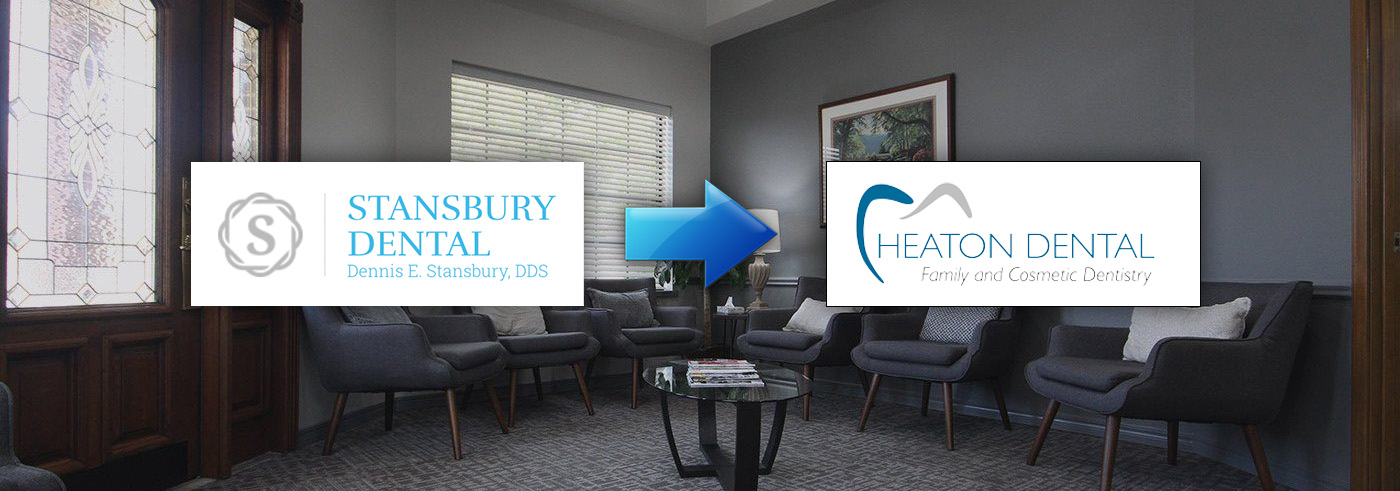

For more than 40 years, Dr. Dennis E. Stansbury has been providing kind, compassionate, and high-quality dentistry in Tyler.
As of January 2024 Stansbury Dental is now part of Heaton Dental.
Same location, same staff you have always known, and now, combined with the Heaton Dental team, better than ever!
For more information or to make an appointment please visit our website.